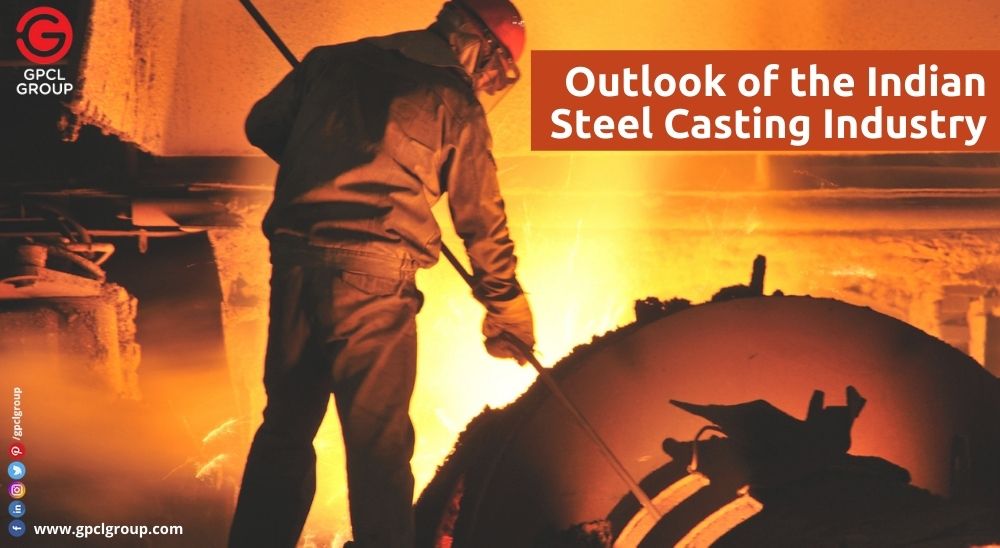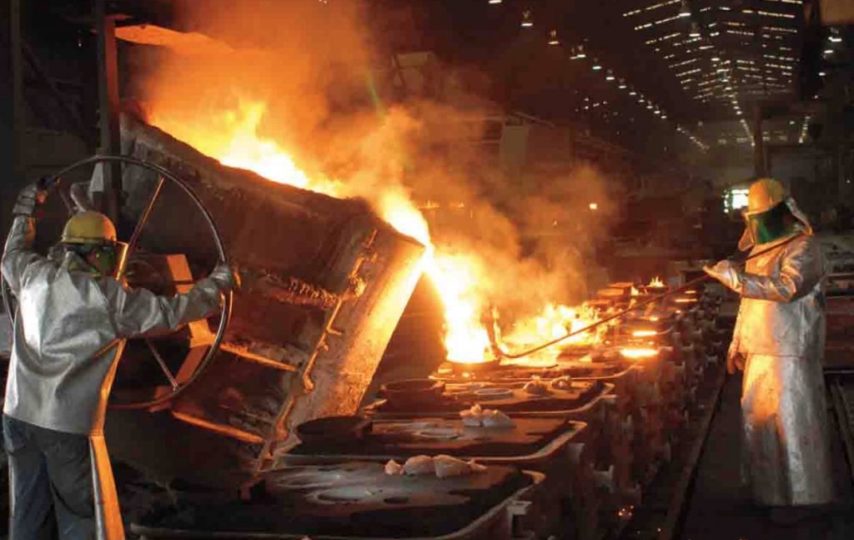What is Steel Casting?
Steel casting is a specialized form of metal casting. The process of metal casting is quite old. It involves pouring molten metal liquid into molds to make various shapes. Then you extract the bodies out of molds and polish them before use.
Steel casting is, therefore, the process of pouring molten steel into molds to make various things, such as gears, nuts, and bolts, truck bodies, plumbing parts, mining equipment, turbines for dams, etc. There are two main kinds of casting carried out by steel casting manufacturers. – Carbon steel casting and alloy steel casting.
Although steel is undoubtedly more challenging to cast than iron due to its high resistance to heat, it is preferred over iron in some instances, such as when the product needs higher strength and shock resistance.
Further, stainless steel is also made using the same procedure, and this particular industry has genuinely become indispensable worldwide thanks to its durability and tarnish-free nature.
Casting Process
Given below is a comprehensive guide to all the steps involved in the process of steel casting:
- Making the Pattern: A pattern is essentially a mold for the external surface of your casting. These are usually made up of materials like plastic, wood, metal, or plaster. Exact calculations are required to create the pattern, to ensure all the pieces fit seamlessly in the finished product.
- Manufacturing the Core: The core makes the internal hollow portion of your design. It’s usually made from a piece of sand or metal. A core must be solid but collapsible so that you can effortlessly remove it from the final product.
- Moulding: This is the procedure of creating the final mold for your design by covering the pattern’s external and core surfaces with molding sand.
- Pouring the Metal: Next, meltdown your metal and pour it int0 your finished mold. Give the hot metal some time to cool and harden into the shape of your mold.
- Cleaning: Carefully remove your finished object from the mold. Then clean it. This process is calling fettling. Ensure the product is adequate to harden and not get damaged when removing it from the mold.

The Indian Casting Industry
India’s metal casting industry is one of its oldest running industries and is therefore very well established. India has recently ranked as the second-largest producer of cast metal products, as found by the World Census of Castings.
India produces almost 7.44 million MT of metal cast objects each year. India creates a wide variety of goods, including pumps and valves, automobile parts, sanitary pipes and fittings, railway fittings, etc. Most steel factories or foundries in India comprise
India’s steel casting industry is responsible for the direct employment o around 5000 workers and the indirect employment of 150000 workers. It is undoubtedly a labor-intensive industry. Some significant casting foundries are found in Agra, Batala, Ludhiana, Belgaum, Jalandhar, Chennai, Pune, Rajkot, Coimbatore, Kolhapur, and Howrah.
Outlook towards Steel Casting in India
Steel makes up about 12 percent of India’s total casting production, making it an essential part of India’s casting profile. Manufacturers use it to create a wide variety of products such as various pipes, valves, machinery parts, etc.
Steel casting is mainly utilized by original equipment manufacturers (OEMs) for different industrial machines. Most of India’s steel foundries come well equipped with the latest equipment and quality checks that meet international standards.
As stainless steel grows in popularity with the Indian populace, steel casting becomes more and more critical. India also has large amounts of steel casting exports, showing that Indian steel cast products are competitive in foreign markets.
Carbon steel and alloy steel casting exporters have found this to be a stable and lucrative industry since capital goods have pretty steady demand throughout the year.
Overall, the outlook towards steel casting in India is very positive. Some may even call it an indispensable industry since it provides parts, raw materials, and machinery for many other industries in India.
A large chunk of the Indian masses uses steel cast products in their daily lives. In this way, many industries are dependent on our steel casting industries, making sure that Indian foundries stay busy all through the year.













